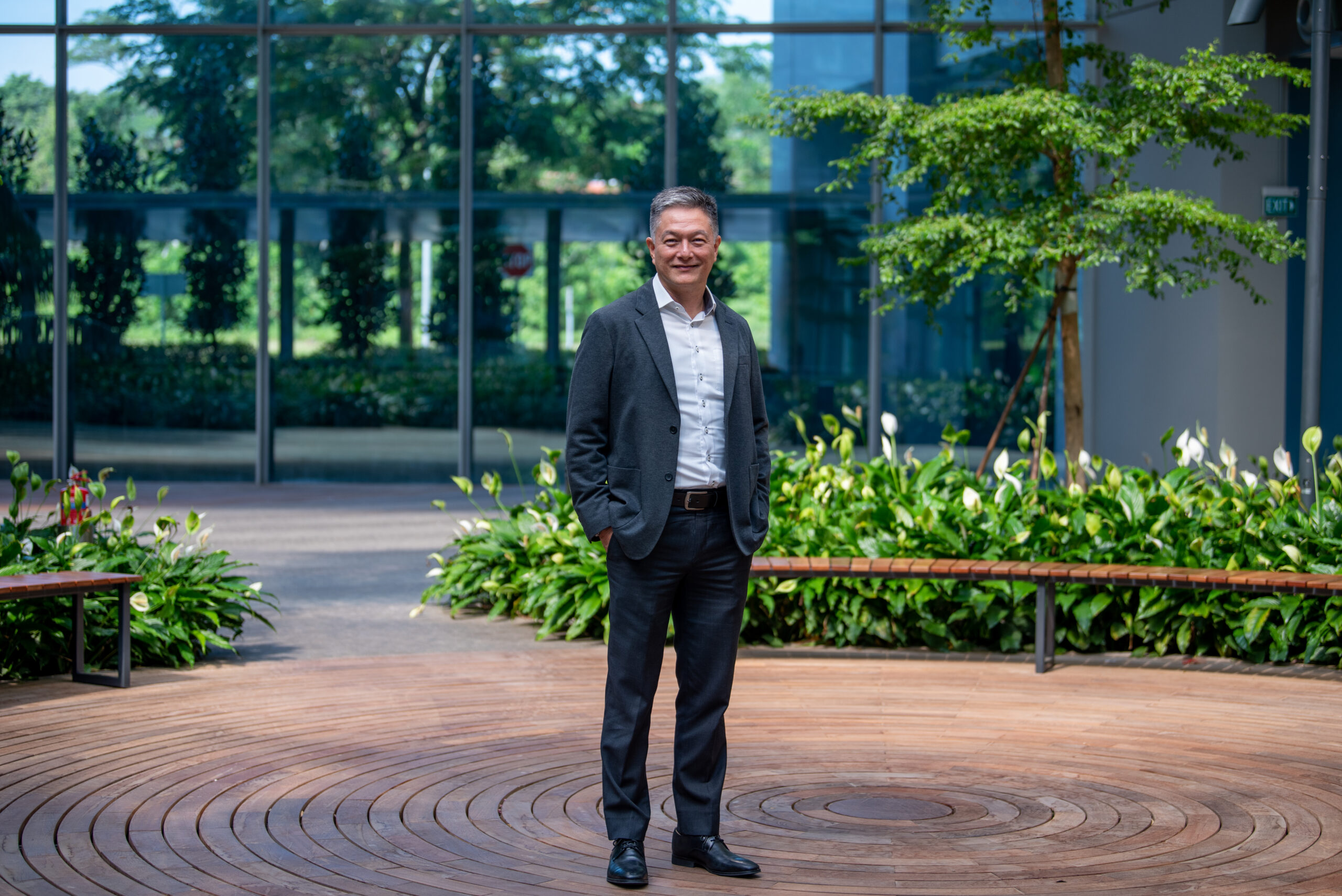Time to adapt: Singapore businesses gear up for flexible work guidelines
- HRM Asia Newsroom

Singapore is at the precipice of a transformative workforce shift driven by a fresh set of policies accentuating flexibility and adaptability. Renowned for its innovation and efficiency, the Singaporean market has consistently been in charge of implementing progressive workplace initiatives. With the imminent rollout of new directives on flexible work arrangements (FWAs) in December, the country reaffirms its commitment to nurturing a dynamic and resilient workforce. This juncture is crucial for enterprises, demanding a proactive, forward-thinking approach alongside an inclusive culture.
By embracing FWAs, companies bolster employee wellbeing and productivity and position themselves for long-term success. As Singapore embraces change, leaders must reshape their work, fostering innovation and sustainable growth.
Understanding the new FWA policy
This initiative marks a significant milestone in Singapore’s journey towards workforce adaptability. The guidelines also position FWAs as the new standard rather than the exception. In response, companies must redirect their focus towards crucial policy areas that align with these regulations, laying the groundwork for a more adaptive and inclusive work culture.
Strategic planning and transparent communication are vital for the successful implementation of FWAs. Establishing clear policies that align with organisational objectives and cater to employee needs promotes empowerment and autonomy while driving collective goals forward.
 “Trust is the cornerstone of effective FWAs. It empowers employees to manage their schedules responsibly while receiving support from their managers. This helps develop a culture of accountability and productivity, reinforced by regular feedback and performance evaluations.” – Nadia Alaee, Senior Director of Human Resource Business Partners, Deel
“Trust is the cornerstone of effective FWAs. It empowers employees to manage their schedules responsibly while receiving support from their managers. This helps develop a culture of accountability and productivity, reinforced by regular feedback and performance evaluations.” – Nadia Alaee, Senior Director of Human Resource Business Partners, Deel
Collaboration across all organisational levels is paramount—senior management, managers, HR, and employees must work in tandem, underpinned by open communication channels and shared objectives, to build trust and nurture a culture of collaboration and accountability. Encouraging regular check-ins, fostering team meetings, and utilising collaborative tools can sustain cohesion and ensure all team members remain aligned and engaged.
Trust is the cornerstone of effective FWAs. It empowers employees to manage their schedules responsibly while receiving support from their managers. This helps develop a culture of accountability and productivity, reinforced by regular feedback and performance evaluations. It facilitates retention in the workforce, enabling employees to balance personal and professional demands effectively.
Balancing flexibility with resilience is essential for navigating the complexities of global work. Consistent performance and providing security to employees in evolving circumstances are crucial considerations.
Path to flexibility: Navigating global workforce challenges
The globalisation of work has fundamentally altered the fabric of business operations, enabling access to talent on a global scale and shifting the way we view work. Combined with lessons from the pandemic, this shows how possible managing a remote workforce is. However, implementing flexibility in the workplace presents unique challenges. Coordinating across different areas and sometimes time zones can disrupt team synergy and productivity, as team members in various parts of the world often need help finding overlapping working hours, delaying decision-making and reducing collaboration efficiency.
An added challenge is in managing employees in more than one country. Cultural differences can lead to misunderstandings and misaligned expectations, with employees from various backgrounds having different approaches to communication and problem-solving. Meanwhile, legal and compliance issues add another layer of complexity as businesses navigate varying regulations and employment laws across different jurisdictions. These issues can lead to significant administrative burdens and legal risks if not managed correctly.
These challenges can stretch traditional HR platforms, resulting in inefficiencies and compliance risks. For instance, a multinational company managing payroll across multiple countries might need more clarity and delays, negatively impacting employee satisfaction and operational efficiency. Cultural misunderstandings can also lead to conflicts, reducing team cohesion and productivity.
At Deel, we have firsthand experience addressing these challenges through our global team management solutions. By offering comprehensive services, including culture integration, streamlined onboarding processes, local payroll management, and compliance support, we empower businesses to navigate these complexities seamlessly. Our platform adapts to the diverse needs of a global workforce, ensuring efficiency and compliance regardless of employee location.
For instance, in 2019, MELD, a fast-growing start-up, faced challenges managing its remote team across multiple countries. Its niche roles—blockchain developers and UI/UX designers—required a broader talent search. To overcome the obstacles of a lean HR department handling payroll and compliance for a dispersed team, they turned to Deel.
With Deel, MELD can manage every employee on a single platform, ensuring a high-functioning team despite their remote working environments. This shows that companies do not have to sacrifice productivity for flexibility.
Deel’s approach to global flexible work
At Deel, we take pride in being a fully remote organisation, efficiently managing a global workforce across 88 countries. Leveraging comprehensive tools for asynchronous work, we ensure smooth onboarding, knowledge sharing, and operational efficiency. This setup allows our employees to access resources, policies, and team information seamlessly, cultivating a collaborative and self-sufficient work environment.
READ: The four-day workweek: Why it is more than just a number
Our experience shows that flexibility boosts employee morale and enhances overall organisational performance. We have implemented policies catering to diverse working styles and personal needs to help our global teams work effectively no matter where they are.
There are a few ways companies can implement FWAs:
Flexi-time—Staggered time: Employees can vary their starting and ending times within specified limits. This allows them to balance work and personal commitments better, resulting in higher employee satisfaction and retention.
Flexi-place—Telecommuting: Employees can choose to work from locations outside the office, including home, which empowers teams to work in environments where they feel most productive, contributing to higher engagement and performance.
By allowing employees to manage their time and tasks, FWAs nurture a culture of trust, empowerment, and well-being. Moreover, they catalyse enhanced productivity, creativity, and engagement, driving organisational success in an increasingly competitive landscape.
Embracing FWAs is not a walk in the park. Businesses grapple with new tech and old mindsets. But with foresight, adaptability, and inclusivity, they will find their way to attract top talent, increase employee engagement, and improve operational efficiency.
About the author: Nadia Alaee is Senior Director of Human Resource Business Partners at Deel.
For more news and analysis on the latest HR and workforce trends in Asia, subscribe to HRM Asia and be part of the region’s largest HR community!






